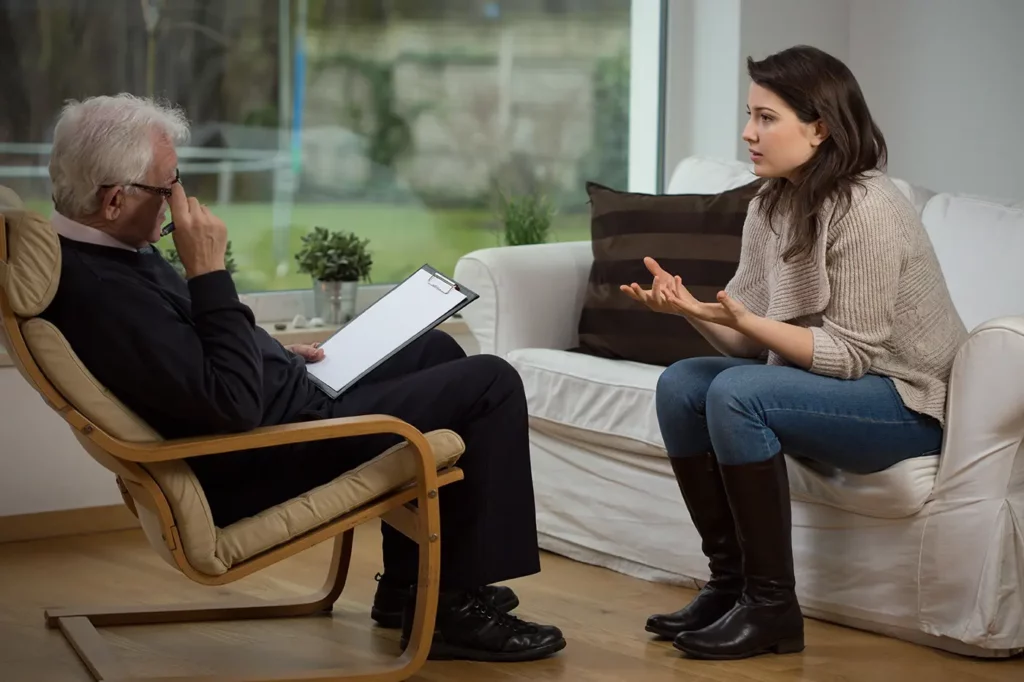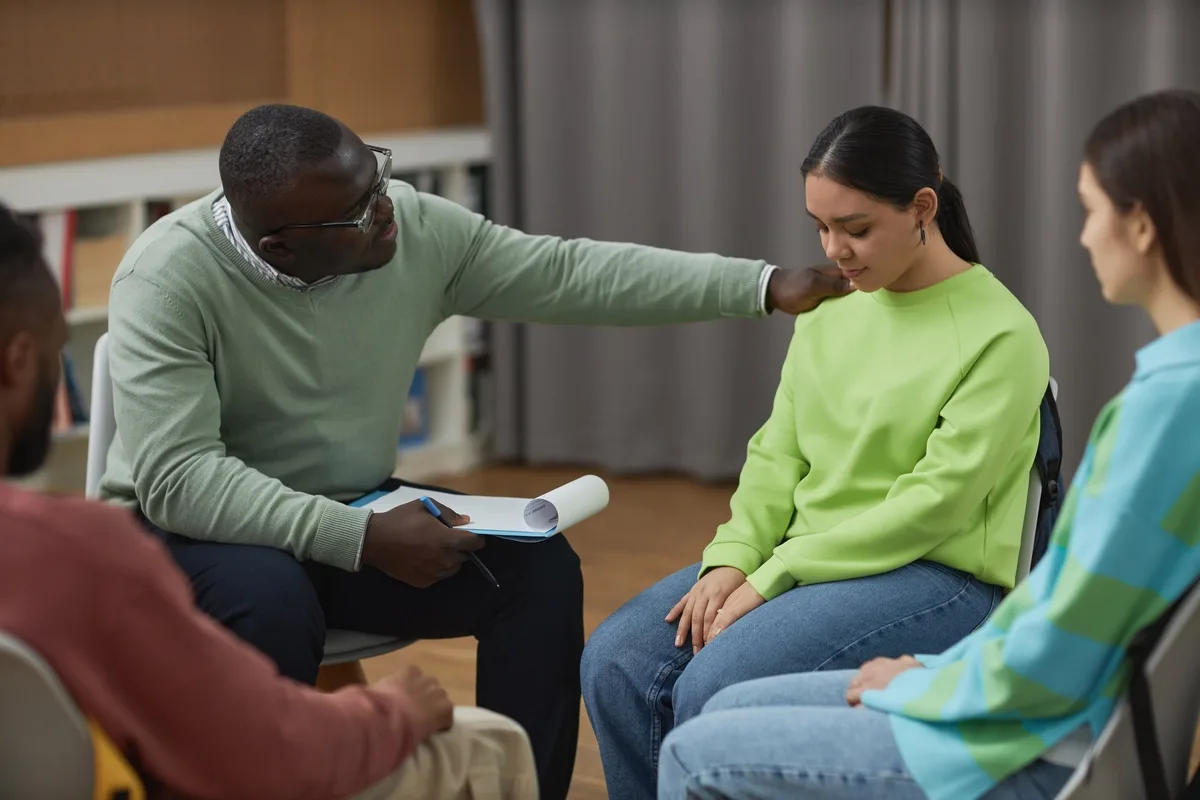24/7 Helpline:
(866) 899-221924/7 Helpline:
(866) 899-2219
Learn more about Medication-assisted Treatment centers in Greentown
Medication-assisted Treatment in Other Cities

Other Insurance Options
Beacon

EmblemHealth

MHNNet Behavioral Health

Ambetter

Anthem

Evernorth

Magellan

Self-pay options

Medical Mutual of Ohio

Health Net

Amerigroup

Molina Healthcare

Sliding scale payment assistance

Horizon Healthcare Service

WellCare Health Plans

GEHA

BlueCross

Providence

Coventry Health Care

Access to Recovery (ATR) Voucher


The Gilead House
The Gilead House is a Non-Profit rehab center located in Indianapolis, IN. The Gilead House speciali...

Four County Counseling Center
4C Health Solutions is a dual diagnosis behavioral health treatment center located in Kokomo, IN. Wi...

First City Recovery Center
Freedom is within reach at First City Recovery Center. Based out of Kokomo, Indiana, FCRC offers a f...

Community Howard Behavioral Health Services
Community Howard Behavioral Health Services offers the complete realm of behavioral care to treat th...






























AA – Alcoholics Anonymous
AA – Alcoholics Anonymous is a private rehab located in Kokomo, Indiana. AA – Alcoholics Anonymous s...














